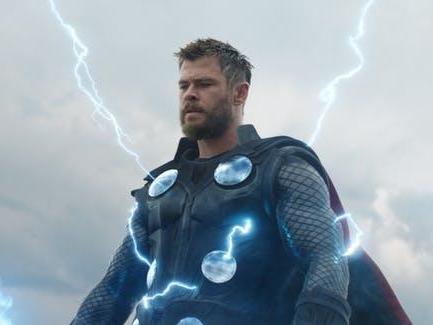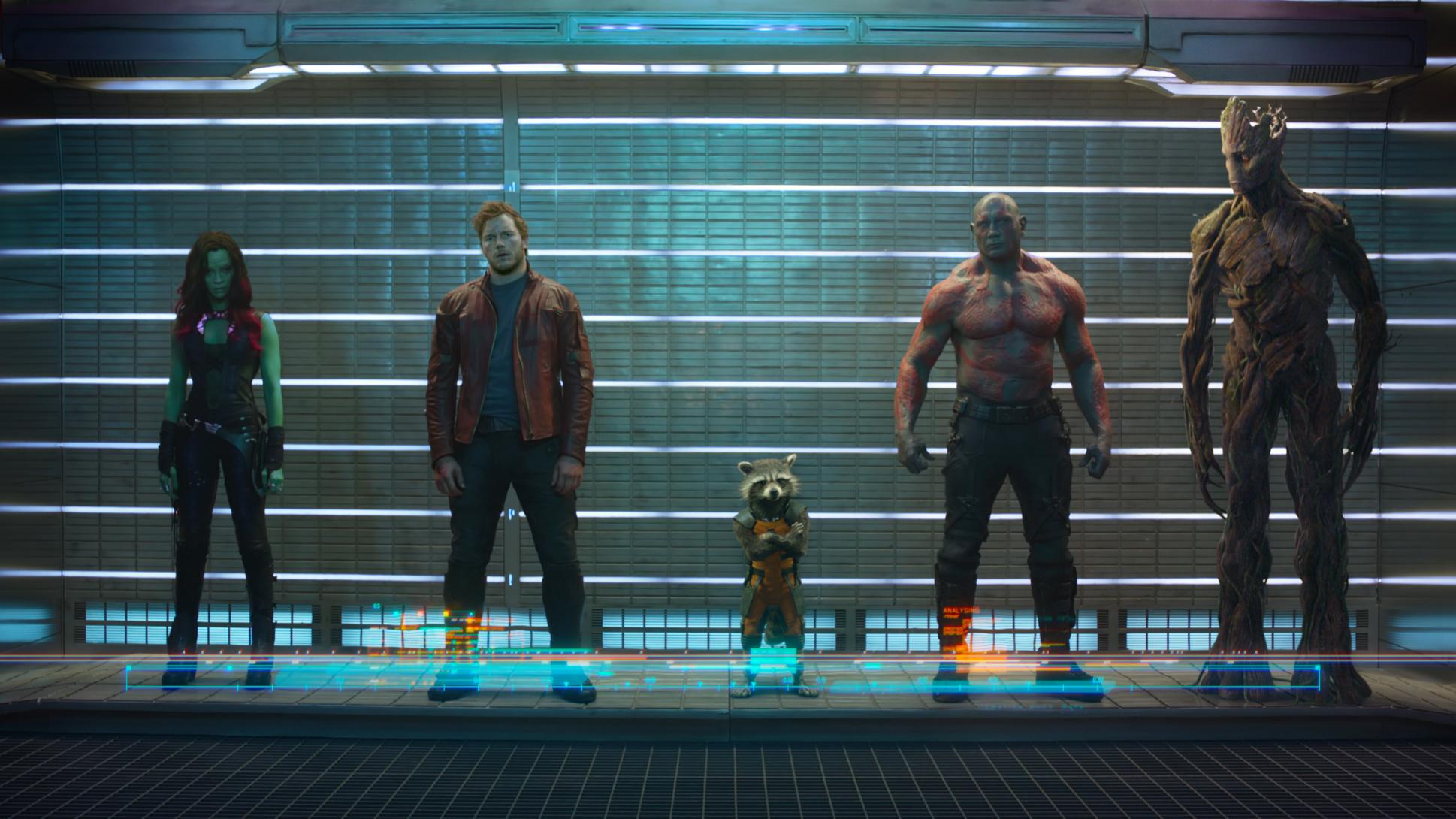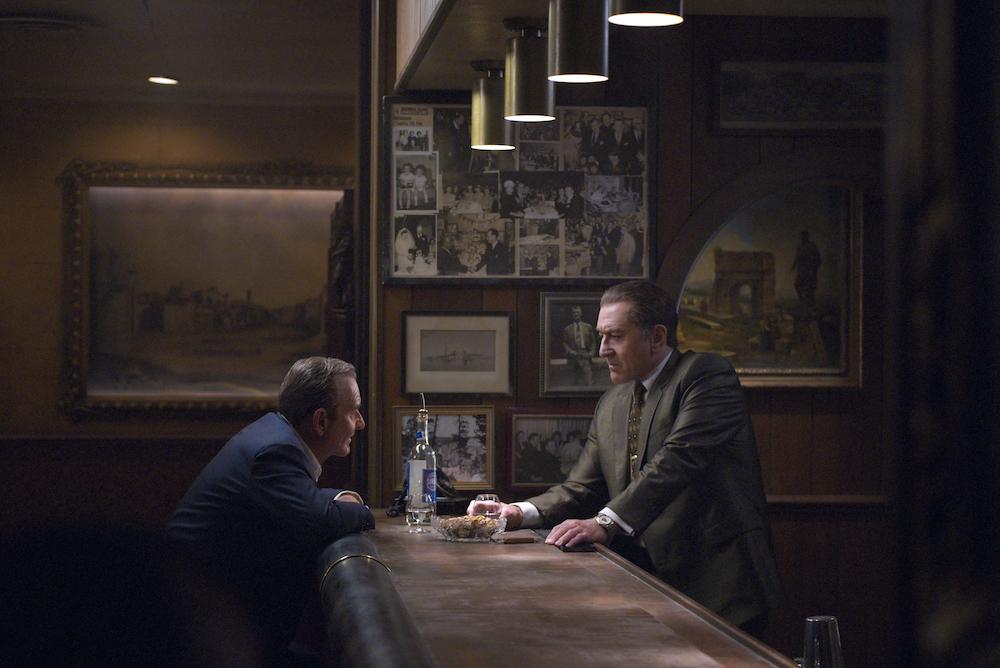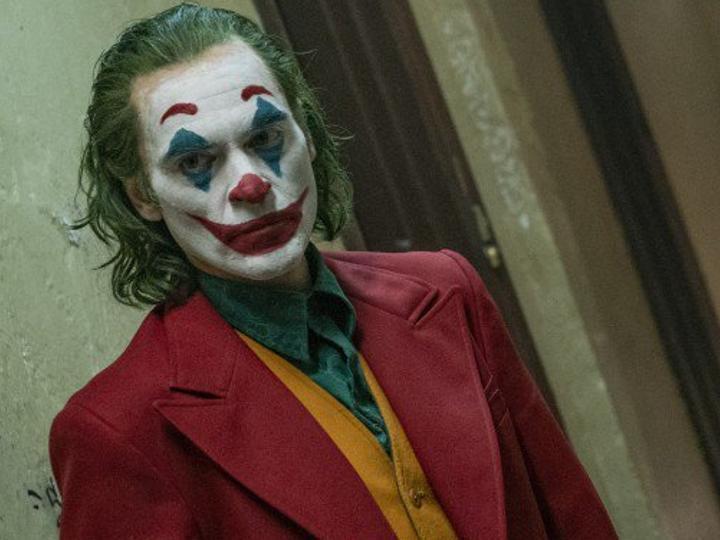Why Martin Scorsese’s recent assault on Marvel movies is so absurd
The ‘Taxi Driver’ and ‘The Irishman’ director’s offhand remarks that cinemas are being invaded by theme park films doesn’t acknowledge the craft of the filmmakers and actors in the best Marvel movies, who transcend the comic-book origins of their characters, argues Geoffrey Macnab

It feels strange sticking up for those poor, defenceless superheroes. After all, they are big enough to look after themselves and they’ve been raking in billions of dollars in ticket sales over the past 10 years. Avengers: Endgame was one of the best-reviewed films of the year and Joker (admittedly DC rather than Marvel) is still sitting at the top of the box office pile. Nonetheless, when Martin Scorsese said recently that these films were not “cinema” and that they were closer to theme park rides than proper movies, he was stepping out of line.
Of course, the spat between the director of Taxi Driver, Goodfellas and The Irishman and the fans of recent Marvel blockbusters is partly (as The Independent recently noted) a “non-feud”. A revered filmmaker has simply expressed widely shared misgivings about the aesthetic properties of films spun off from comic books. However, the remarks were surprising. At the very least, they represent bad faith. Scorsese is not Ingmar Bergman, making deeply personal art house cinema with the support of the Swedish Film Institute. He is a Hollywood insider who hasn’t been especially fussy about how his own films have been marketed or financed over the years. (The Wolf of Wall Street was bankrolled by an alleged fraudster, who was arrested by anti-corruption authorities in Malaysia earlier this summer.)
As Scorsese observed in his inspiring documentary A Personal Journey through American Movies (1995), in Hollywood, “every decision is shaped by the money men’s perception of what the audience wants”. Any self-respecting director working in the studio system is a “smuggler” who needs subterfuge to get his or her ideas across. He also pointed out that the most interesting work was done in the margins, in B-movies, in genres that weren’t respected. Exploitation thrillers or offbeat sci-fi films, he argued, were often far richer than the mainstream, middlebrow fare that won awards. But it can easily be argued that Marvel movies, in spite of their astronomical budgets, are close in tone and spirit to these B-pictures he once loved. They have the same outlandish plots, vivid characterisation and brash, irreverent storytelling style.

It’s worth remembering that Scorsese was present at the birth of what he now calls theme park cinema. As young filmmakers, he and George Lucas were strongly influenced by Kurosawa’s samurai epics. While Scorsese was making Taxi Driver (1976), Lucas was preparing his first Star Wars movie, drawing heavily on Kurosawa films like The Hidden Fortress (1958) and Yojimbo (1961).
Lucas had originally set out to “become a documentary filmmaker and make avant-garde films on the side”. In recent years, he has sometimes grumbled about the Hollywood fetish for sequels and about the huge escalation in budgets. However, the Disney/Marvel/Lucasfilm juggernaut currently flattening all other rivals in the marketplace would never have existed without his collusion.
Whether Scorsese includes Star Wars and its offshoots alongside the other “theme park” movies he disapproves of is not clear. How he regards Steven Spielberg’s Jaws (1975), which provided the blitzkrieg marketing model which the superhero films still follow, is also open to question.
Marvel’s films have driven audiences to cinemas at a time when the medium has been under intense pressure from the streaming giants. It’s a strange turn of events when a confirmed cinephile like Scorsese criticises these films, although he himself is working with a company like Netflix, which refuses to accept the traditional “theatrical window”. (That is the period of time, 12 weeks in the US and around 16 weeks in the UK, when movies can be seen exclusively in cinemas.) Major cinema chains are refusing to show The Irishman on the grounds that it is being given only a few weeks of exclusive cinema play before it starts streaming on Netflix on 27 November.

A magnificent film though it is, The Irishman has some similarities with those Marvel movies Scorsese so deplores. It is full of CGI, lasts over three hours and tells a story which could easily be customised for Avengers or Guardians of the Galaxy if you replaced the gangsters in trench coats with superheroes in spandex. It’s about friendship and betrayal. It is full of characters like Robert De Niro’s Frank Sheeran and Al Pacino’s Jimmy Hoffa, who change appearance in disconcerting ways, getting older or younger. Its mafia clans are a little like the sinister Syndicate in the Marvel stories.
Other Scorsese films are structured similarly to superhero films. Taxi Driver’s delinquent, vigilante anti-hero Travis Bickle (De Niro) set himself the task of “washing the scum” off the streets. That is precisely what Marvel and DC’s finest also generally try to do. In the early 2000s, there were plans to turn Taxi Driver into a video game. “Compelling and powerful, the movie ensnares viewers in the seedy urban world of New York cabbie Travis Bickle, and we hope to do likewise with our game,” Ken Gold, vice president of marketing at Majesco, the company behind the video game, commented: “We look forward to developing a game that remains true to the spirit and style of the movie, and embodies a total entertainment experience.” In the end, the video game was cancelled but the very fact it was even considered suggests Scorsese isn’t as far away from the grubby world of merchandising as he might hope.

The irony in Scorsese’s assault on theme park superhero movies is underlined by Joker. A runaway success with worldwide grosses of $550m and rising at the time of writing, this is a film which, according to the Hollywood Reporter, Scorsese was once supposed to direct himself. Todd Phillips, who eventually took on the job, made no secret of his admiration for Scorsese’s work of the 1970s and pays homage to the master throughout the movie, even casting De Niro in a prominent role. Christopher Nolan’s Dark Knight films similarly had a Scorsese-like flavour.
In A Personal Journey, Scorsese highlights the importance of enlightened, relentless producers like David O Selznick (Gone With The Wind (1939)) or the fictional hustler played by Kirk Douglas in The Bad and The Beautiful (1952), both of whom sacrifice friendships and even bankrupt themselves to get films made. Arguably, the closest equivalent that present-day Hollywood has to a Selznick is Kevin Feige, Marvel Studios president and chief creative officer. The plate-spinning ingenuity he has shown in keeping the Marvel Cinematic Universe going, from Iron Man to Avengers: Endgame, is astounding. In superhero terms, this is the equivalent of Balzac’s The Human Comedy, the series of interlinked novels that dealt with multiple different sections of French 19th century history. Thanks to Feige, every demographic has its own movie superhero.

Scorsese contended that theme park filmmaking “isn’t the cinema of human beings trying to convey emotional, psychological experiences to another human being”. However, this is precisely what the best Marvel movies strive for. Many have been scripted by Christopher Markus and Stephen McFeely whose first screenplay credit of note was The Life and Death of Peter Sellers (2004), starring Geoffrey Rush as the tormented British comedian. They took a wildly adventurous approach to the biopic. Sellers was shown talking directly to the camera, dressing up as and taking over the identities of the most important people in his life. The film wasn’t entirely successful – Rush failed to capture Sellers’s enigmatic charm – but the writing was offbeat and original. It anticipated their work on projects like the Captain America films. As Clerks director Kevin Smith points out, the two writers “humanised” the comic-book characters and gave them “soul”. Scorsese’s offhand remarks don’t acknowledge the craft of the filmmakers and actors in the best Marvel movies. Robert Downey Jr, Mark Ruffalo, Scarlett Johansson and others transcend the comic-book origins of their characters. In spite of all the hokum about alternative realities and time travel, the films deal with raw and primal emotions.
Where Scorsese does have a point, though, is with the denouements in almost all of the Marvel films. This is when it can seem as if the movies are turning in to glorified helter skelter rides. The scenes in which the heroes take on the villains in archly choreographed, over-the-top battle scenes are often anti climactic in the extreme. The filmmakers have spent hours in developing their protagonists and getting audiences to identify with them – and then the movies end with characters in funny costumes zapping each other, “action figures going bang bang in the sky”, as Caspar Salmon recently wrote in The Independent. The sophistication level isn’t much above that found in a typical episode of Mighty Morphin Power Rangers. Any pretence of sophistication goes out of the window.
Superhero movies, though, are just like any other kind of filmmaking. They can be good, bad or indifferent but it is perverse to suggest, as Scorsese did, that they are “not cinema”. He talks darkly about the way they “take over” theatres, squeezing out other films, but, without them, many of those theatres would struggle to stay open anyway.
‘The Irishman’ is released in selected UK cinemas on 8 November and is on Netflix from 27 November
Join our commenting forum
Join thought-provoking conversations, follow other Independent readers and see their replies
Comments